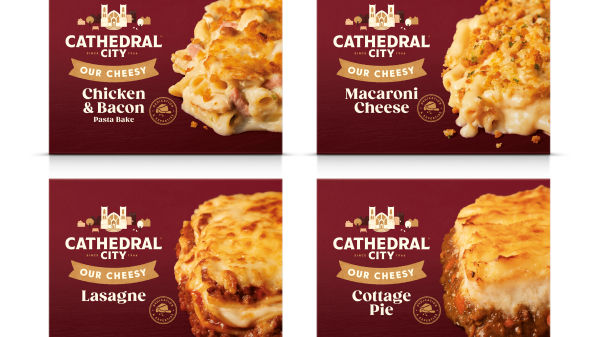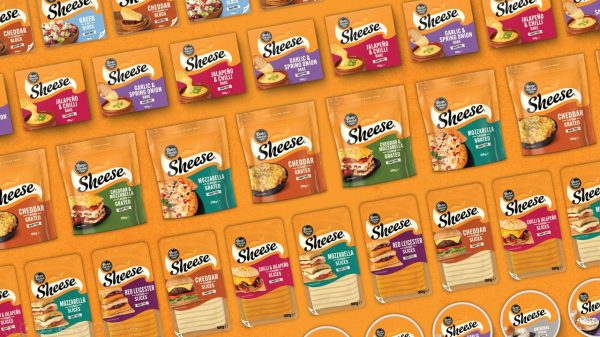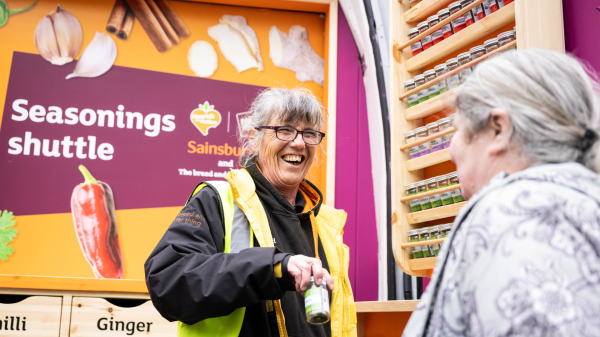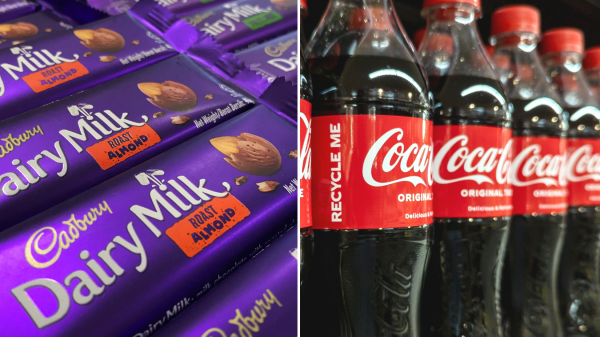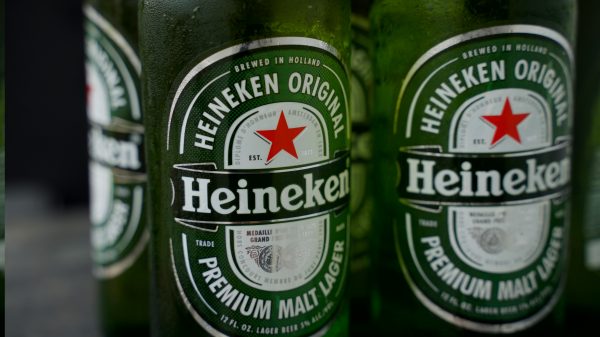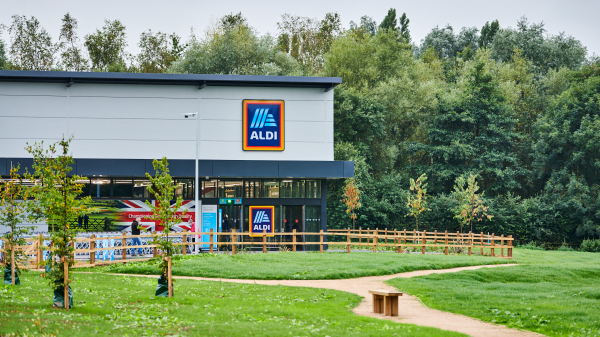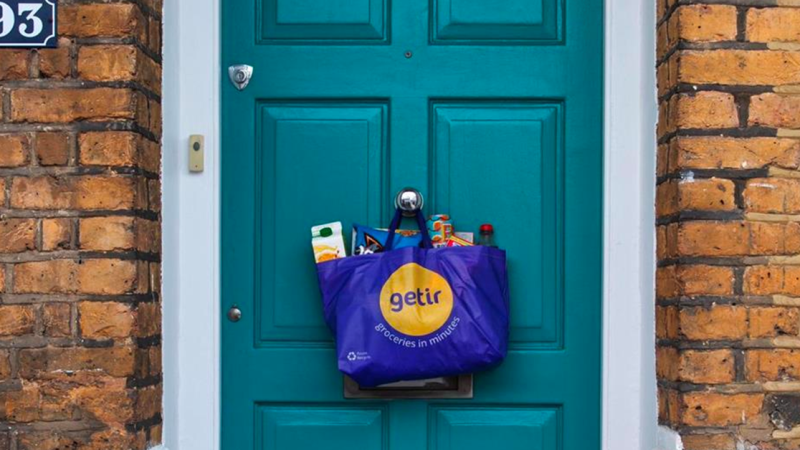Retailers, brands and consumers have witnessed a year of reformulated products, plant-based food sales up 230% and recyclable packaging taking centre stage, and many of 2022’s grocery trends and fashions look set to stay for the foreseeable future.
Whether caused by sustainability pressures and responsibilities, in response to government legislation or meeting a growing consumer demand, many of this years top trends have been adopted across the board.
From big-name brands moving into the vegan category to retailers implementing refill stations – and of course the all-important HFSS regulations, here are some of the ways the grocery industry has been transformed through 2022’s top trends and fashions.
The plant-based takeover
While January is the month known for the annual Veganuary challange, the past year has seen plant-based food making its mark all year round with a plethora of FMCG brands launching new vegan products and supermarket giants partnering with meat-free businesses.
Subscribe to Grocery Gazette for free
Sign up here to get the latest grocery and food news each morning
In August, Nestle’s KitKat launched its vegan chocolate wafer snack made from sustainably sourced cocoa with a rice-based milk alternative, closely followed by Terry’s plant-based Chocolate Orange using rice syrup and Cathedral City’s range of vegan cheese.
Supermarkets have also embraced the growing demand for vegetarian and vegan food options as Tesco exclusively launched Wicked Kitchen’s first-ever vegan Easter range in March, which included dairy-free chocolate eggs and vegan cupcakes. Last month, the leading retailer added three products from plant-based chocolate brand, LoveRaw to its meal deal offerings.
Sainsbury’s also quadrupled the distribution of Oggs’ plant-based egg alternative, Scrambled Oggs in September, with the product going from being sold in 126 stores to 533 after only 12 weeks of sales.
In the run up to Christmas, plant-based food alternatives have only become more popular as searches for ‘Christmas vegan’ more than tripled via Ocado’s website, rising by 389%. Meanwhile, searches for ‘Vegan Christmas Food’ at Waitrose also surged by 188%.
In response to the spike in demand, Waitrose added more vegan products than ever to its Christmas range and Asda launched a range of 97 vegan Christmas products.
The non-HFSS rundown
In a bid to tackle obesity levels in the UK, the government announced that new legislation would be rolling out, the first phase of which would ban products high in fat, salt or sugar (HFSS) from store entrances, gondola ends and checkouts.
Finally rolled out across supermarkets and convenience stores on 1 October, this came after much confusion from retailers, brands and consumers amid policy delays due to the cost-of-living crisis and a brief U-turn proposal by former prime minister Liz Truss on future restrictions to multibuy deals and TV advertising.
While Big 4 grocers Tesco and Sainsbury’s remained commited to implementing store changes despite these setbacks, the Association of Convenience Stores (ACS) penned a letter to the prime minister at the time, Boris Johnson, urging for a review of the restrictions on store locations. It claimed the legislation was expected to have a burden on convenience retailers through the uncertainty of the rules and the lack of official guidance.
In the lead up to October, many big-name brands from Malteasers, Galaxy and Mr Kipling to Kellogg’s, Belvita, Quaker Oats and Doritos reformulated products to be non-HFSS, ensuring they are able to remain in prominent store locations.
In looking to understand how new HFSS rules would impact customer behaviour, added costs and to what extent profitability would be affected, in March, Southern Co-op rolled out a 16-week trial which saw no change to its overall profitability.
On top of current legislation, Tesco, Deliveroo and and Danone are among several big-names that have recently joined the Bite Back 2030 Food Systems Accelerator programme, calling on the government to take further “meaningful” action to cut childhood obesity.
In a joint statement launched this month, the programme urged a limit of marketing exposure of young children to HFSS, as well as mandatory labelling in stores to support healthier alternatives, alongside clear and achievable goals for reformulation.
Range expansions
As consumers have been seen switching from big-name brands to own-label and value ranges to save money during the cost-of-living crisis, many FMCG brands have looked to expand their ranges in the last year.
AB InBev announced in June that it would be launching a new non-alcoholic beer Corona Cero, offering the same taste as its 4.5% ABV counterpart, Corona Extra.
In September, Heinz unveiled its new range of frozen ready meals coming in three different varieties in Herby Tomato, Smoky Chilli and Fragrant Coconut flavours.
Within the same month, Ribena built on its popular Sparkling range by launching a new Zero Sugar variant, aiming to help retailers meet the growing demand for zero sugar choices within the flavoured carbonates category.
In the run up to Christmas, plant-based brand This re-launched its ‘Isn’t Pork Pigs in Blankets’ to encourage more meat eaters to trial and adopt a meat-free version of the Christmas dinner staple.
Packaging and plastic
Earlier this year, a raft of grocery retailers trialled clear, recyclable milk bottle lids with dairy brand Müller, swapping out the coloured caps typically used differentiate between each variant.
In June, Waitrose permanently took the plunge to replace the blue, green and red milk caps on its own brand HDPE milk bottles with clear caps across all 331 stores and online.
Lidl and Müller joined the sustainable trend soon after, followed by One Stop and Co-op, which expects the switch to remove more than 150 tonnes of coloured plastic from high-density polyethylene streams each year.
Looking to reduce plastic across own-brand packaging has also been a key focus for this year, as Morrisons became the first UK supermarket to sell its own-label fresh milk in carbon neutral cartons in February.
In October, Tesco announced it would be removing packaging from a range of its most popular bakery products to eliminate 33 million pieces of plastic each year.
Ditching packaging entirely has also become more widely trialled in 2022 as Morrisons, Waitrose, Ocado and M&S joined the Refill Coalition group in March to offer shoppers the option of purchasing loose items in refillable containers in select stores.
While other retailers including Asda and Aldi have also trialed or fully implemented this refill style system, Lidl and M&S trialled laundry refill machines to expand the initiative even further.

